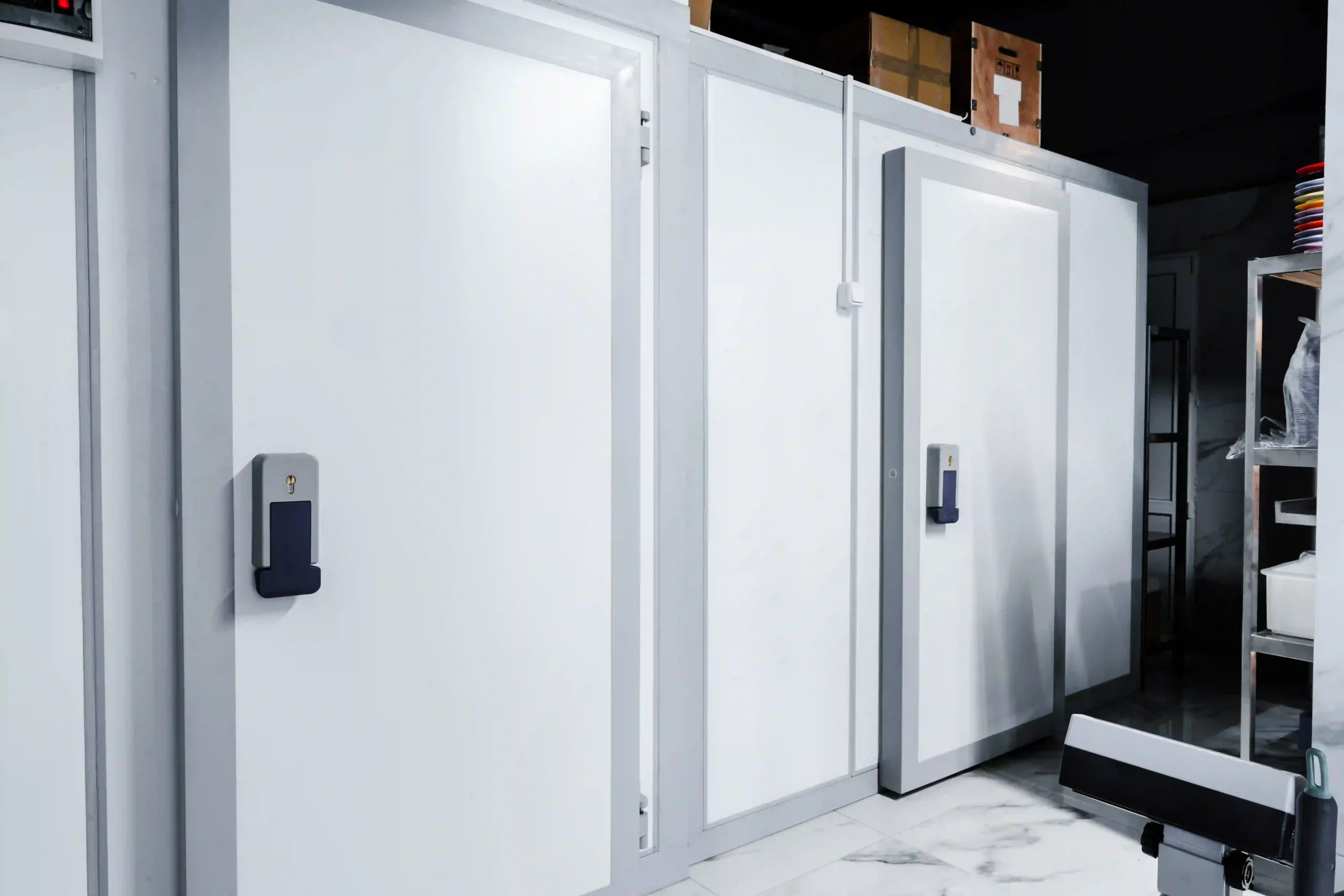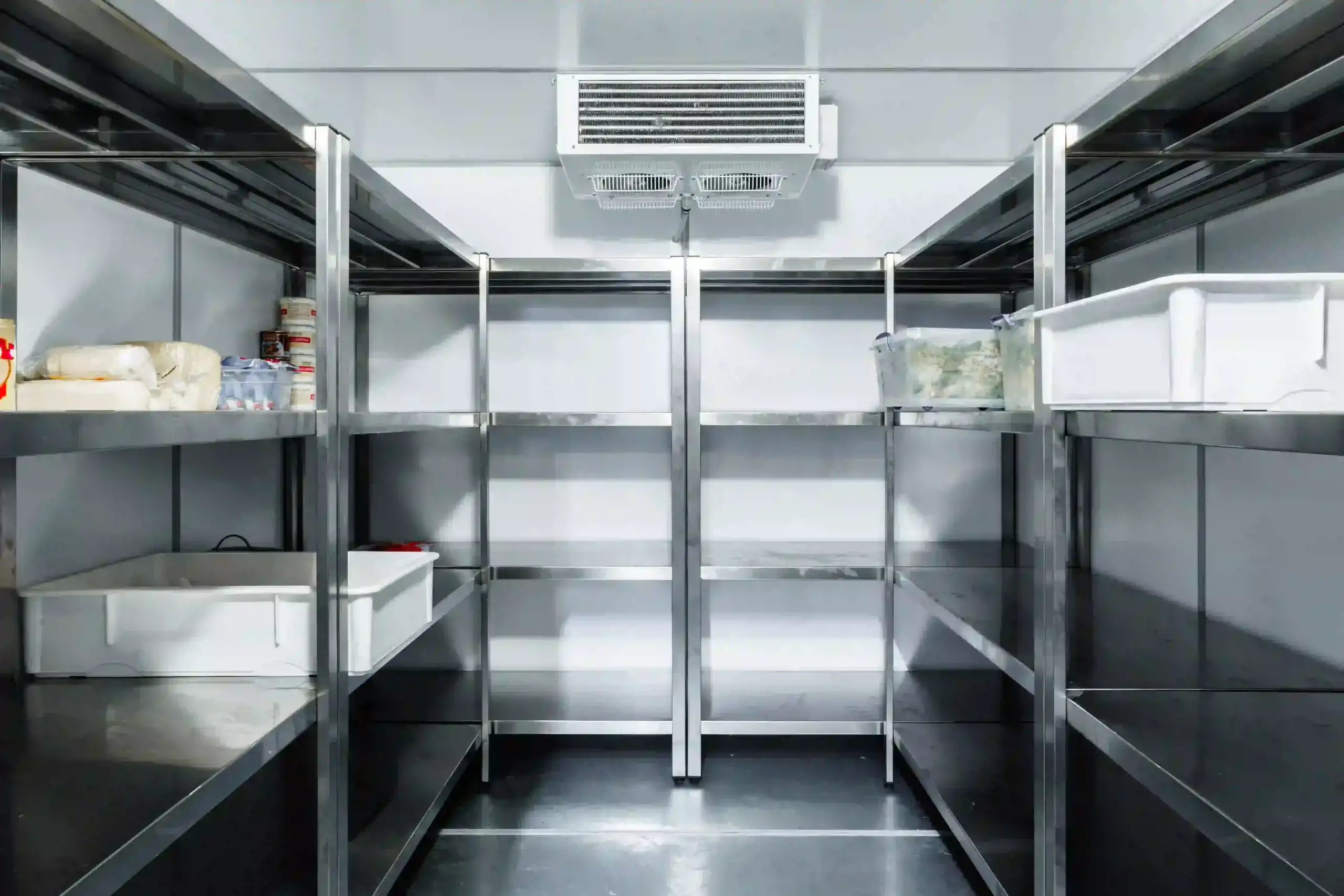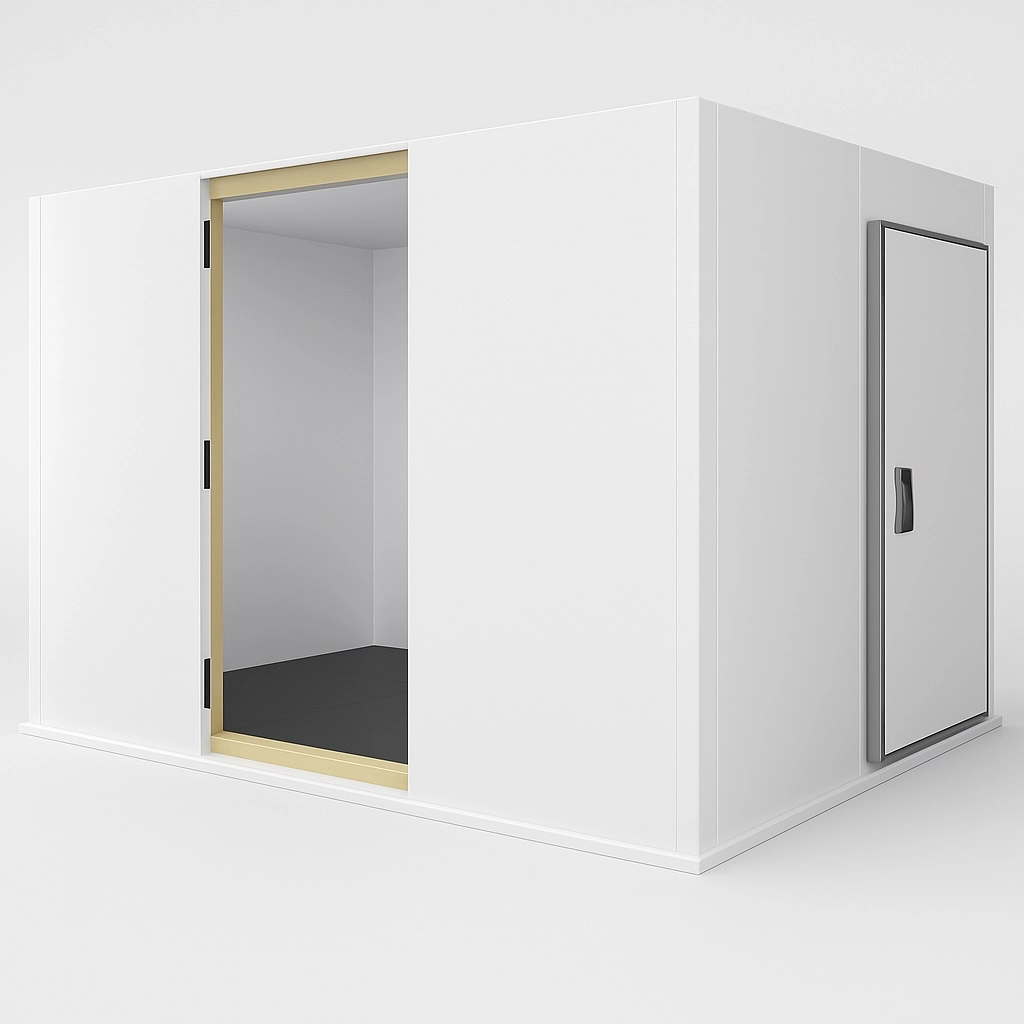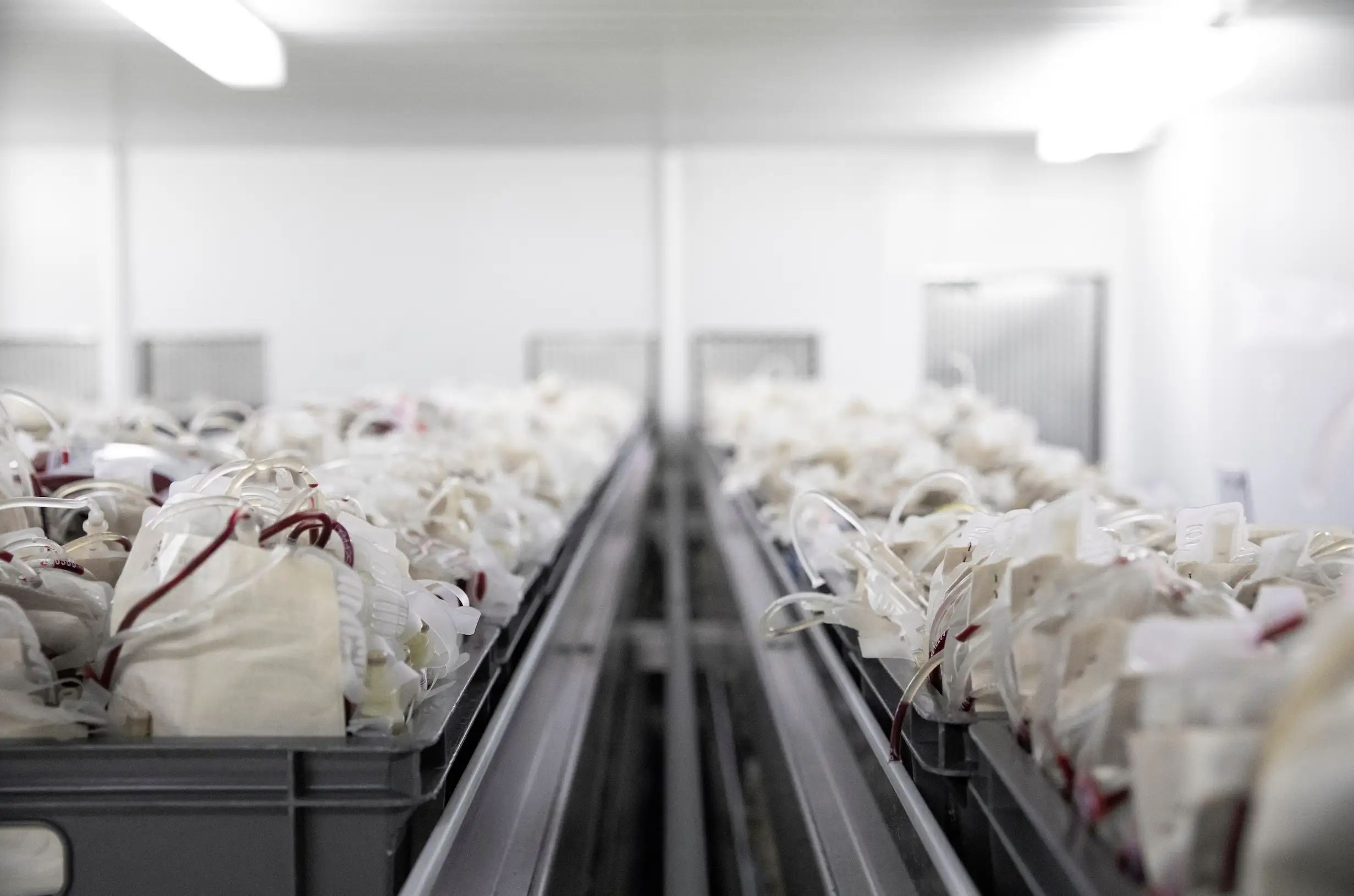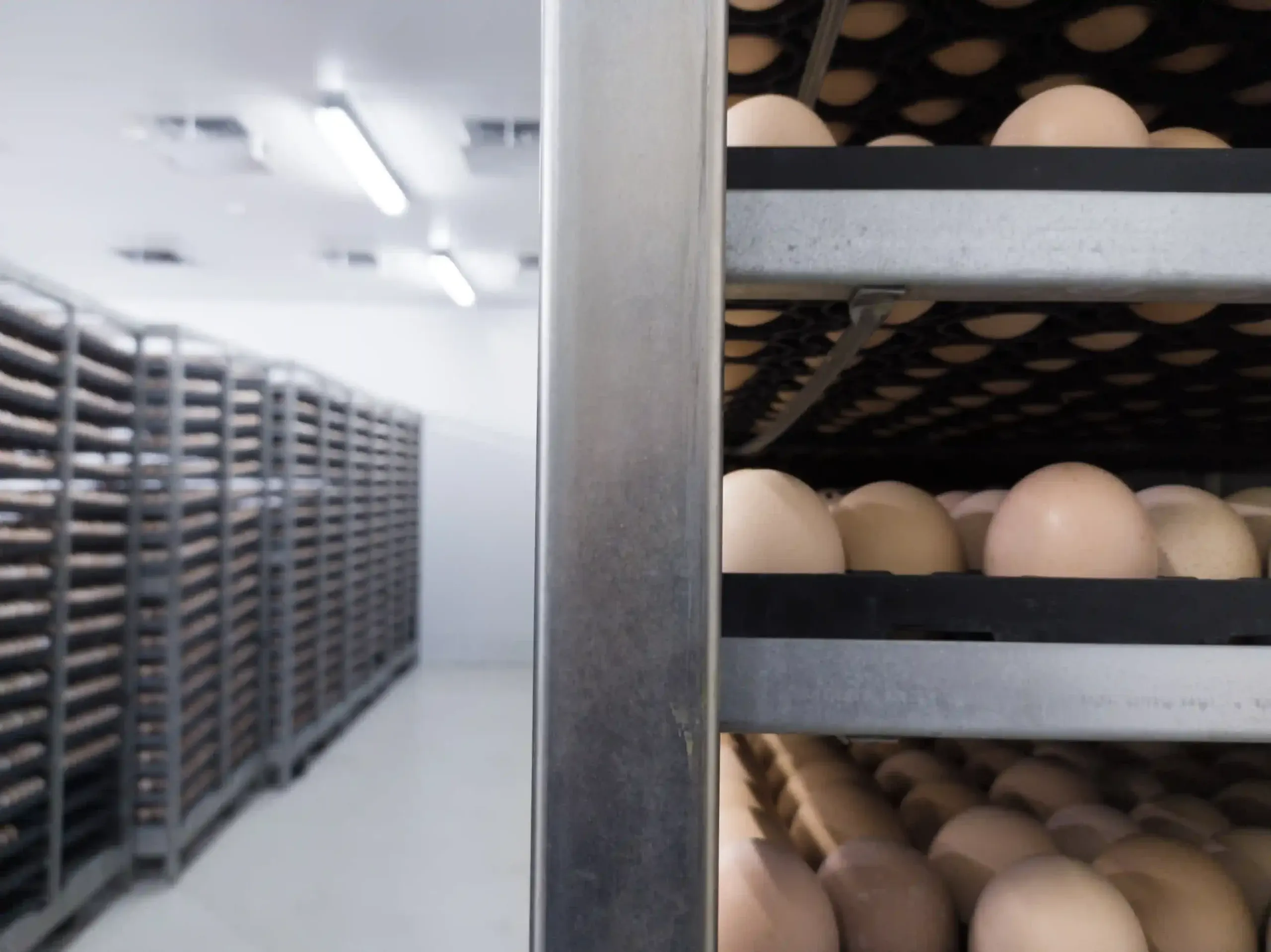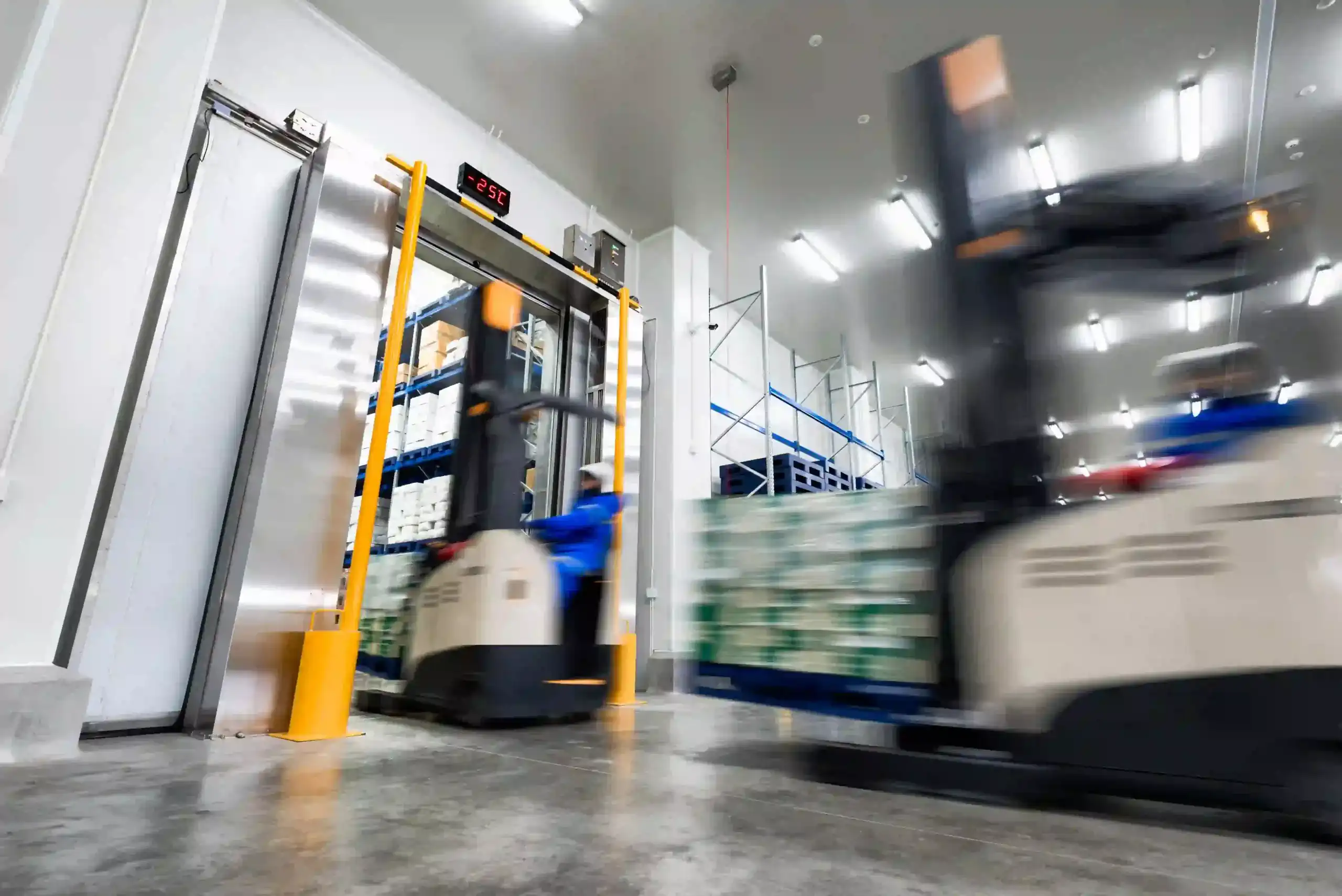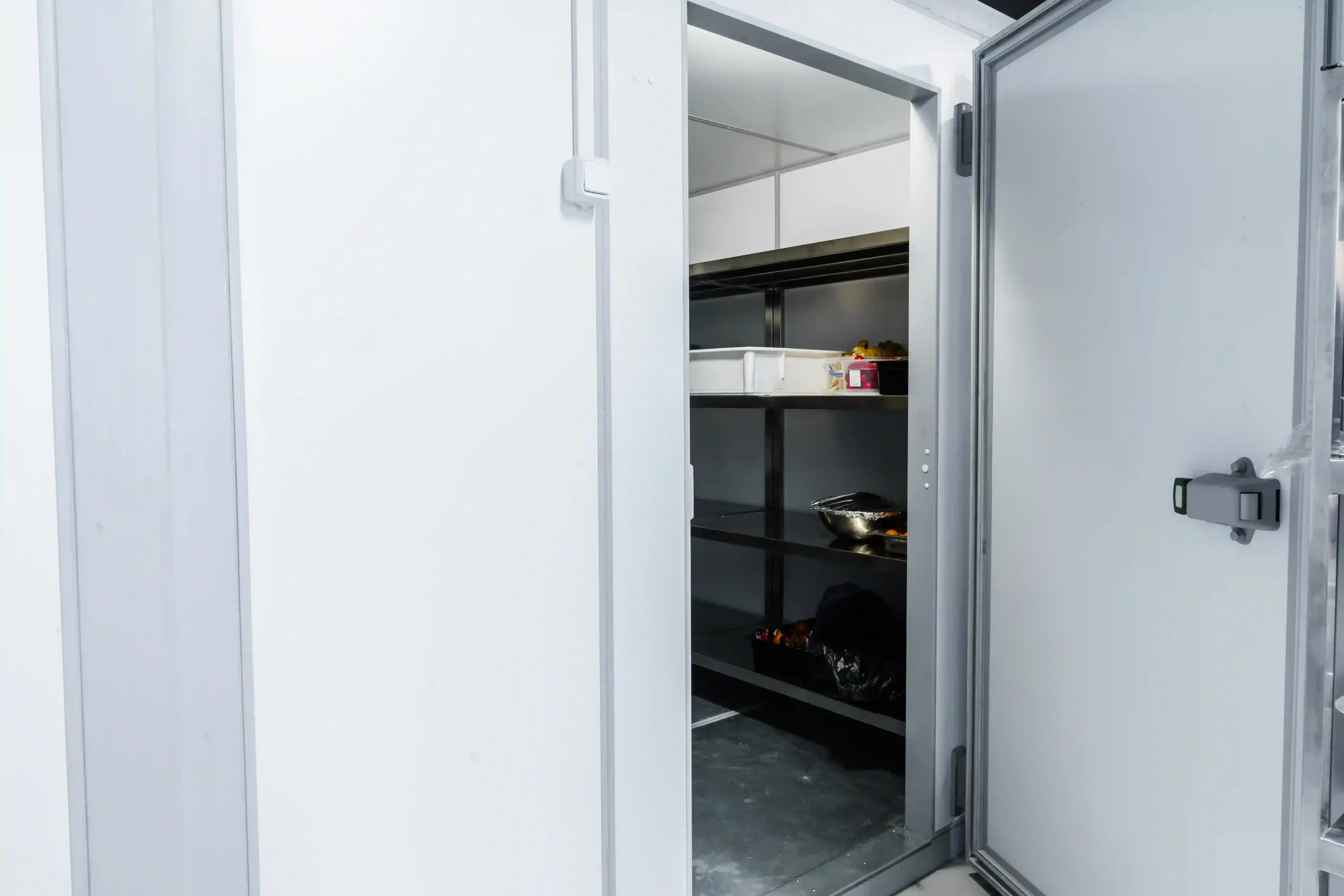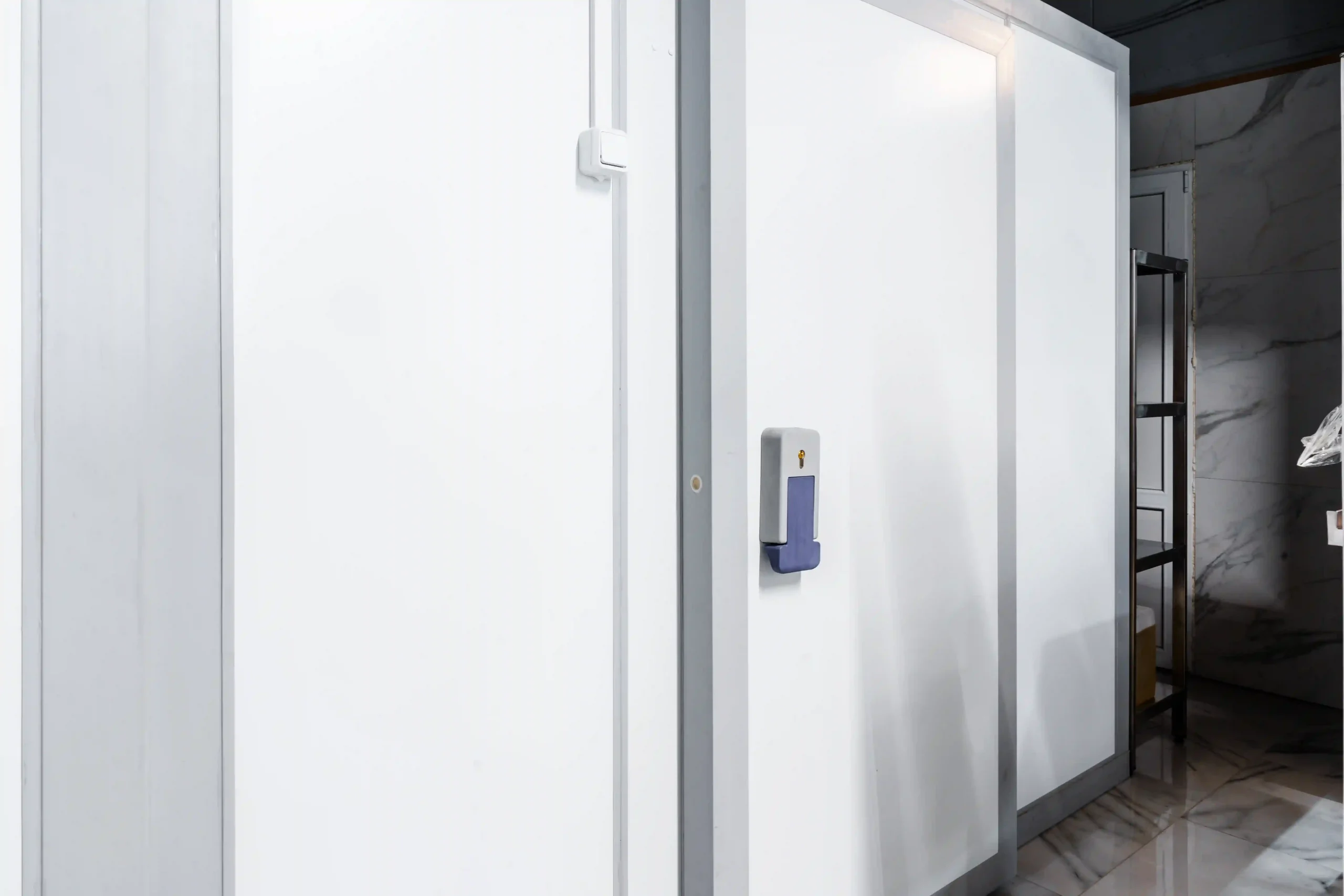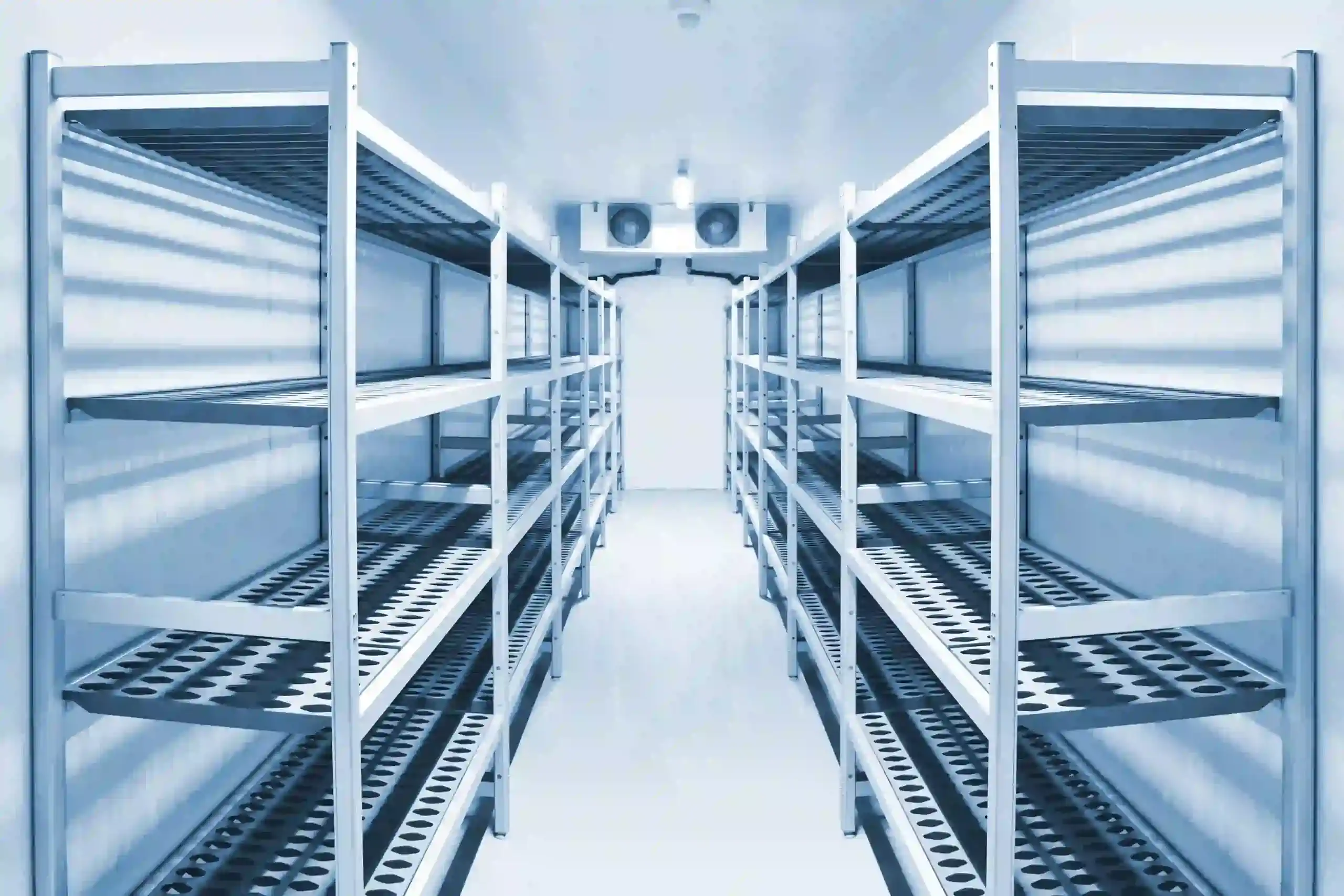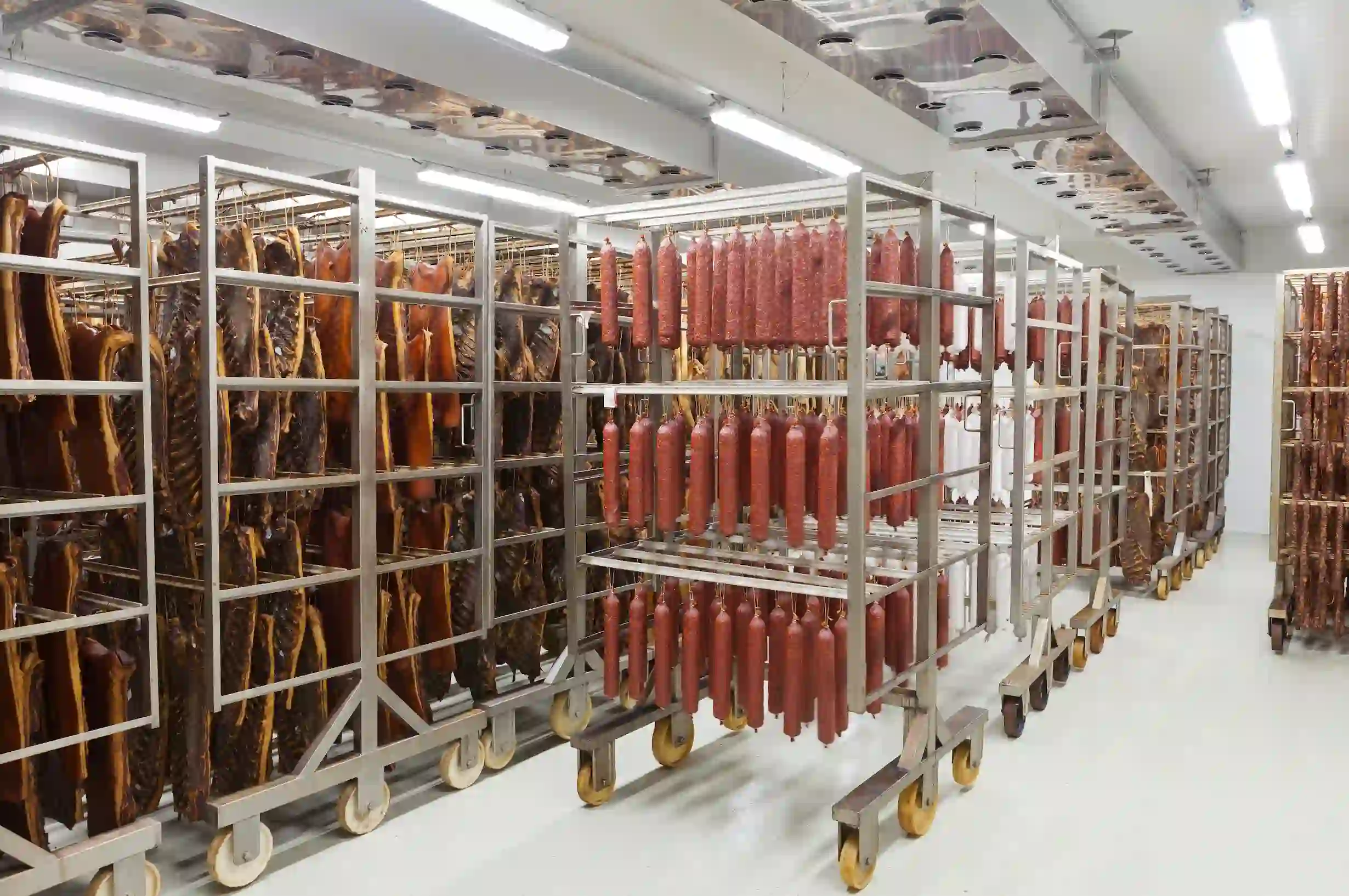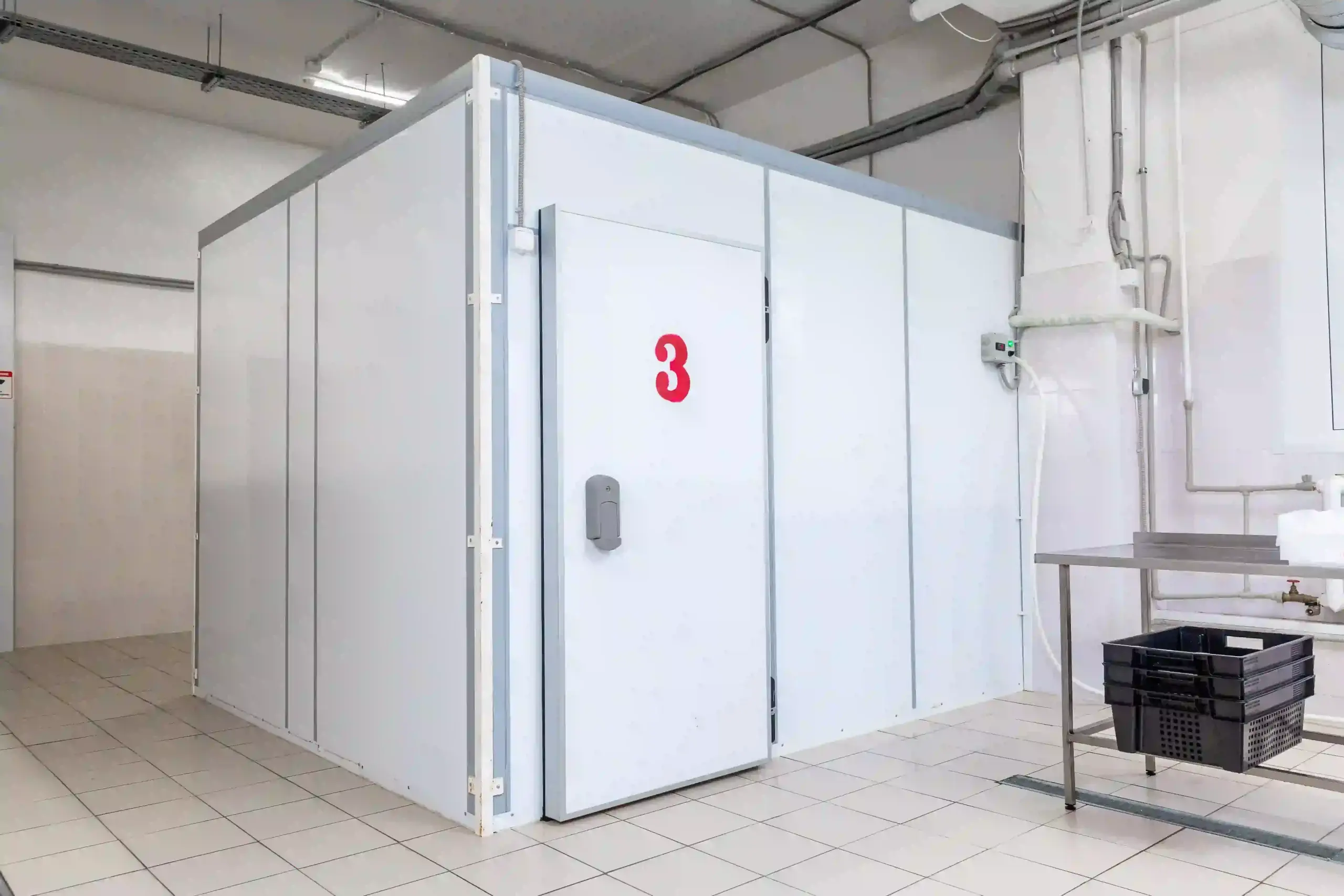
- Home
- Beverage & Keg Cold Rooms – Built in Turkey for Refreshment, Pressure, and Pour-Perfect Storage
Walk-In Chiller Rooms & Freezers Made in Turkey
Beverage & Keg Cold Rooms – Built in Turkey for Refreshment, Pressure, and Pour-Perfect Storage
You’ve felt it — the bar starts to fill, the tickets stack up, and suddenly, everything depends on one thing: cold drinks that flow on time. Whether it’s bottled water for a hotel fridge, kegs for a rooftop bar, or mixers for the 7 p.m. cocktail rush, your cold storage has to keep up — no excuses.
We design walk-in cold rooms built for beverage and keg service, crafted in Turkey and trusted in venues where chill, pressure, and timing all matter. Our cold rooms don’t just keep drinks cold — they keep your bar in rhythm. While your team’s pulling pints, mixing drinks, or spinning on their heels to grab that next bottle, your cold room is there, doing what it does best: staying out of the way, staying consistent, and making sure nothing falls behind. No drama. No temperature dips. Just reliability, built into the walls.
Whether it’s a quiet Tuesday afternoon or a slammed Saturday night, these systems help your drinks land in your guests’ hands just right: chilled, steady, and with zero surprises.
1-Year Factory Warranty
Service in 90+ countries
Spare parts in Turkey, UAE
🍹 Why Beverages Deserve Their Own Walk-in Chiller
. 🥶 Always the Right Chill: A good drink doesn’t have to be icy — just right. Nobody wants a beer that sweats more than the bartender. We keep it crisp and consistent.
· 🍺 Smooth Pours, Every Time: That golden pour shouldn’t turn into a foam mess. Our systems manage keg pressure with precision.
· 📦 Built for Real-World Volume: Our floors and shelves handle heavy crates, high-rotation kegs, and restocks without fail.
· 🚀 Ready for Rush Hour: Doors open, kegs roll, drinks pour — no bottlenecks. Our layouts are made for service flow.
· 💧 Dry Floors, Clear Labels: Low condensation means no slips and no fogged-up bottles.
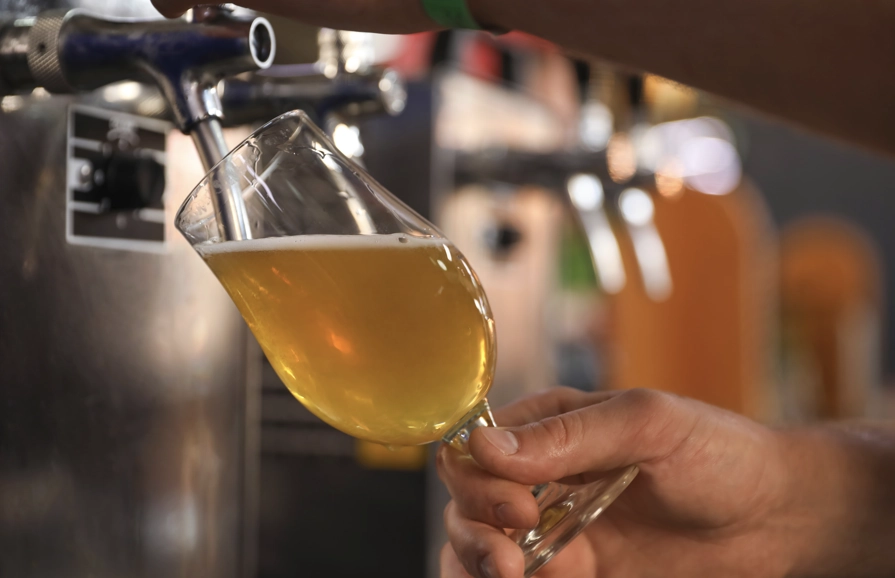
🍾 Who We Work With in Beverage Cold Storage
We support beverage pros who know that timing, taste, and temperature matter:
. 🍺 Bars, clubs, and venues pouring hundreds of kegs a week
· 🧃 Distributors managing diverse drink lines in changing climates
· 🧊 Hotels and resorts serving everything from bottled water to premium cocktails
· 🥤 Catering operations fueling high-volume events and conferences
· 🍷 Wine and spirits teams who know storage equals brand reputation
🧱 Cold Room Panels – Engineered for Beverage Service
Feature | Description |
🔲 Type | Modular / Sandwich – keg- and bottle-ready |
🧊 Insulation | High-density PUR foam (40–44 kg/m³) |
📏 Thickness | 100 mm chillers, 120 mm for chilled beer zones |
🧽 Surface Finish | Smooth stainless or PVC – spill resistant, easy to clean |
🚫 Floor Panels | Reinforced anti-slip for keg traffic |
🔗 Joint System | Cam-lock tongue & groove – pressure sealed |
🧼 Corners | Rounded for full sanitation during quick turnarounds |

🪵 Beverage Floor Systems
. 🧲 Aluminum Checker – Tough for keg movement
· 🍺 PVC Coated – Moisture-resistant for sticky drink spills
· 🥶 Stainless 304 – For deep cleaning in high-volume zones
🔄 Smart Layout for Fast Service
. 🚪 Swing, slide, or flip-flap doors for rapid access
· 🧱 Floor recessed or ramped for easy cart entry
· ❄️ Underfloor insulation to retain beverage-perfect temperature
🧱 Wall & Ceiling Benefits
. 🧱 Wall: Anti-condensation, grease and impact resistant
· 🔼 Ceiling: Sag-proof and easy-clean after long nights
🚪 Doors Optimized for Beverage Use
. 🚪 Hinged or sliding doors that align with bar rhythm
· 🚪 Flip-flap for hands-free restock on-the-go
💡 Accessories That Streamline Service
. 💡 LED Lighting – Brighter visibility, even in packed rooms
· 🌡️ Digital Control – Temperature + keg pressure monitoring
· 🚪 Strip Curtains – Save cooling energy during heavy use
· 🔩 Heavy-duty racking, bottle trays, keg rails, drainage
📦 What Makes Our Beverage Cold Rooms Different
. 🇹🇷 Made in Turkey – Export-ready, CE and HACCP approved
· 🍻 Fast recovery systems during bar rushes
· 🧼 Interior designed for night-end wipe-downs
· 📐 Built to match your menu, drink flow, and bar footprint
· 📞 Layout plans, install support, and expert logistics included
❓ FAQ – Beverage & Keg Cold Rooms
What is the best temperature for storing kegs and bottled drinks?
Beer kegs usually require +2°C to +4°C, while bottled soft drinks can be slightly higher, around +4°C to +6°C. Stable temps reduce foam waste and keep flavor consistent.
Why do kegs foam if cold storage isn’t correct?
If beer warms above the ideal range, CO₂ expands and causes excess foaming during pour. A properly calibrated walk-in keeps keg pressure stable and pours smooth.
Can one cold room handle wine, beer, and soft drinks together?
Yes — with proper zoning. Wine benefits from slightly higher temps, while beer and sodas need colder zones. Multi-compartment designs prevent flavor and storage conflicts.
How do consultants include beverage cold rooms in BOQ and layouts?
They specify keg load capacity, reinforced floors, drainage points, and door types. This ensures the system can handle traffic during rush hours without redesigns.
What ROI can bars and hotels expect from Turkey-built beverage cold rooms?
Most report 20–25% less beer waste from foam reduction and 30–40% faster restock times. Payback often comes within 1–2 years.
💬 Real Projects & Client Testimonials – What Our Partners Say

